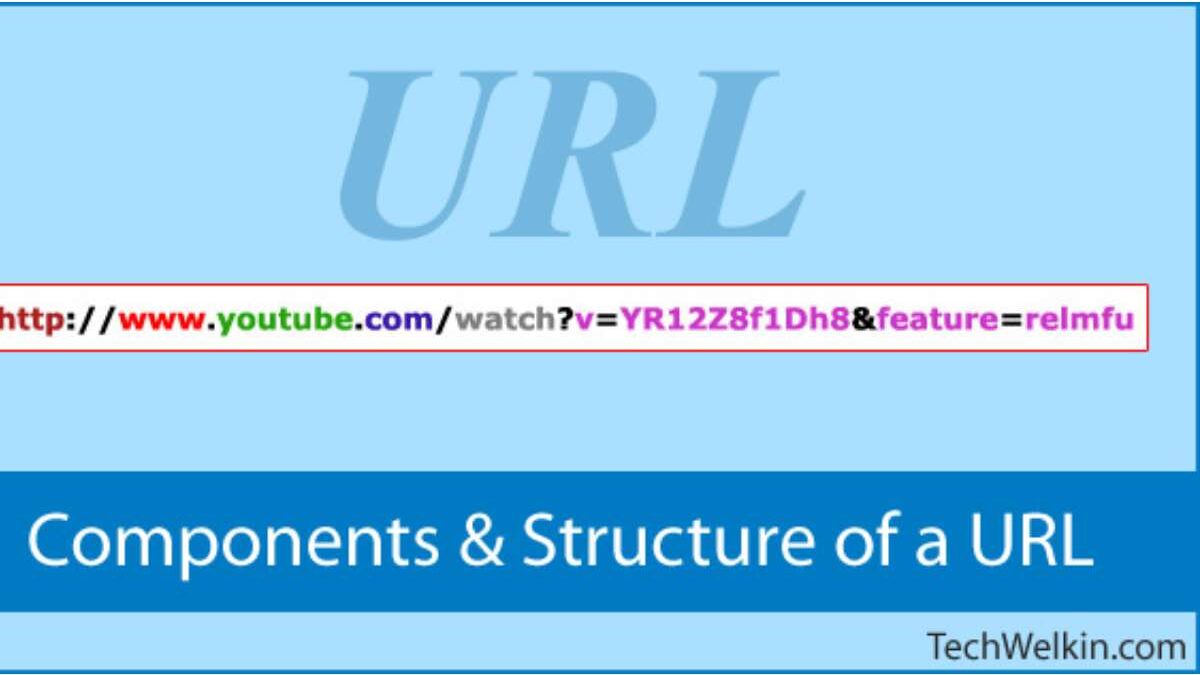URLs help provide a way to access information on the Internet from a computer, for example, cloud storage or a web browser. The abbreviation For your URL uniform resource locator. This includes elements such as a domain name, extension, subdomain, and network communication protocol.
A website owner can change their URL based on their needs and requirements. A well-designed URL will be influential in optimizing user satisfaction, eventually leading to better SEO (Search engine optimization) performance. So optimizing URL to boost your website ranking on SERP (Search engine result pages) is essential.
What are the Various Types of URLs?
Two types of URLs are prevalent. Absolute and relative. A final will consist of complete information from the protocol to the path to the parameters. The relative URL only includes a path to Resources. More types of URLs are divided based on their functions:
Vanity URLs
This is also called short URL. These are easy-to-remember web addresses. It is a redirect of a longer URL. If you want to shorten it, you can use shortener tools to create a vanity URL.
Canonical URLs
This is usually used when there is duplicate content created. Setting a URL as canonical is a way to help the search engine understand which website is original and needs to be crawled and indexed.
Callback URLs
This is also considered a home destination when users complete a process on an external system.
Conclusion
In conclusion, URLs complete web addresses that will point toward a specific file on the Internet. Suppose, for example, it will lead users to a web page, website, or videos. If you want to create a website URL, you need to register for a domain through a credible registration. You can also go for a reliable hosting provider that will offer the registration services.

